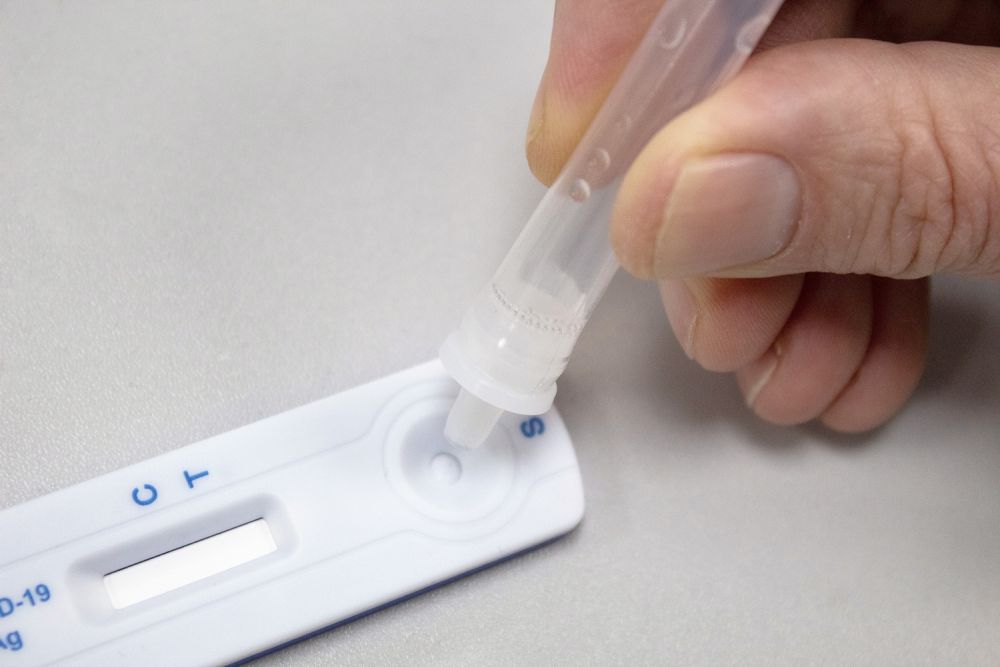Antigen tests are faster and less expensive than molecular tests (PCR), therefore, some experts consider them to be more feasible for coronavirus testing of large numbers of people. However, antigen tests may not detect all active infections, as they do not work the same way as a PCR test.
Instant coronavirus antigen tests are very specific for the virus, but not as sensitive as molecular PCR tests. Positive results from antigen tests are highly accurate, but there is a higher chance of false negatives when compared to PCR tests. Therefore, multiple antigen testing sessions at different intervals are recommended.
This newer method of COVID-19 detection identifies certain proteins that are representative of the virus. Using a nasal swab to get an adequate fluid sample, antigen tests can provide results in minutes, and are useful in detecting acute infection of COVID19/SARS.
How Does Coronavirus Antigen Testing Compare To Other Methods?
PCR Tests
Can detect the genetic materials of SARS-CoV-2, the virus that causes COVID-19. The major test for this is referred to as polymerase chain reaction (PCR) testing. Samples for PCR testing are typically collected from upper respiratory tract specimens (nasopharyngeal swab). They can also be collected from lower respiratory tract specimens, if available.
The PCR COVID-19 instant test kit has the right chemicals to work on the DNA in a real-time PCR machine. When a sample arrives at the lab, it is placed inside a PCR machine along with the chemicals from the PCR kit. The chemicals strip down the sample into RNA, and then the RNA is used to create thousands of copies of DNA.
Scientists then introduce sets of DNA fragments that naturally complement the fragments from SARS-CoV-2. If the virus is present, its genetic material will bind perfectly to the introduced DNA fragments.
Antigen Tests
Can detect acute infection in a fraction of the time as PCR tests. Rather than performing all of the analytical steps inside an expensive dedicated machine at a lab done with tests for the DNA or RNA of the virus, antigen tests build most of those steps into a paper-like strip that returns a simple yes or no answer, much like pregnancy tests.
The SARS Antigen Rapid Test Cassette does not differentiate between SARS-CoV and SARS-CoV-2. Positive results from an antigen test need to be confirmed with a PCR test prior to making treatment decisions or to prevent the possible spread of the virus due to a false negative.
Antibody Tests
Can detect the presence of IgG and IgM antibodies found in plasma or blood samples, which the immune system triggers after a person has been infected. However, it takes a while for the body to produce these antibodies, therefore antibody testing is not preferred for acute infection detection.
Patients who test positive after serological (antibody) testing [Positive IgG but negative IgM,] have built up protection against COVID-19. Antibody tests are useful for determining which individuals can resume their normal activities due to their body’s new resistance to SARS-CoV-2.

